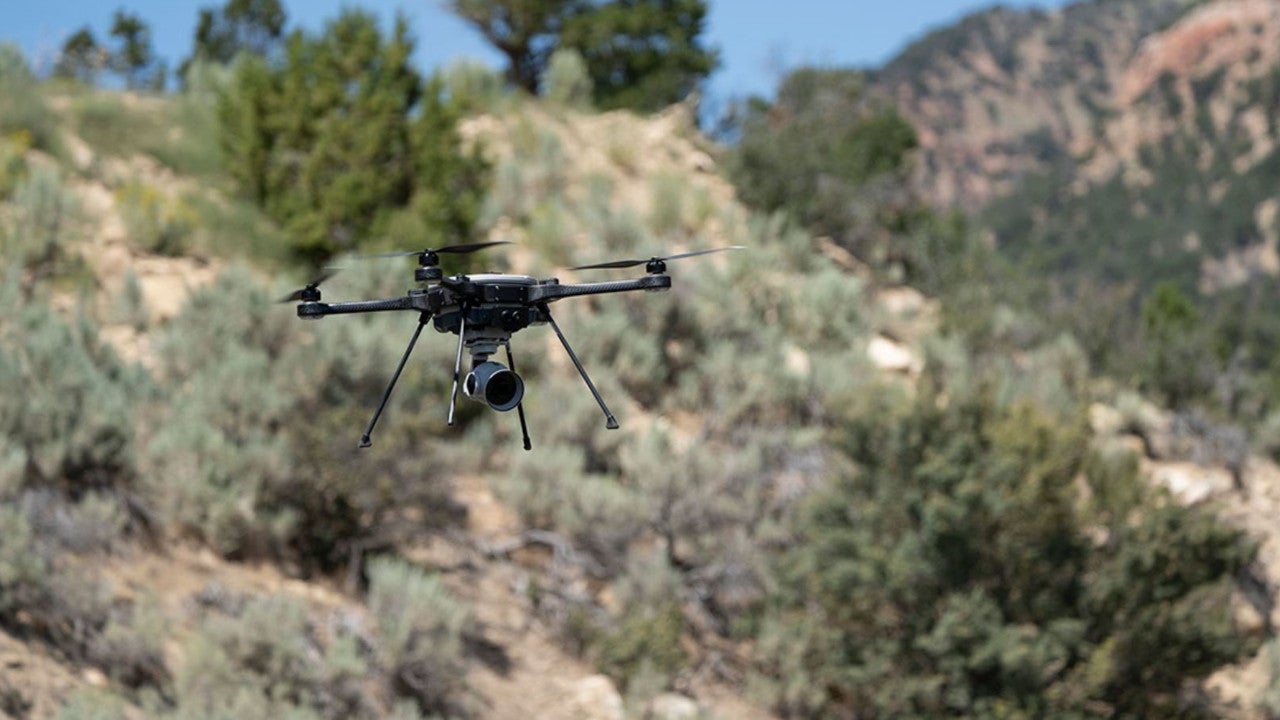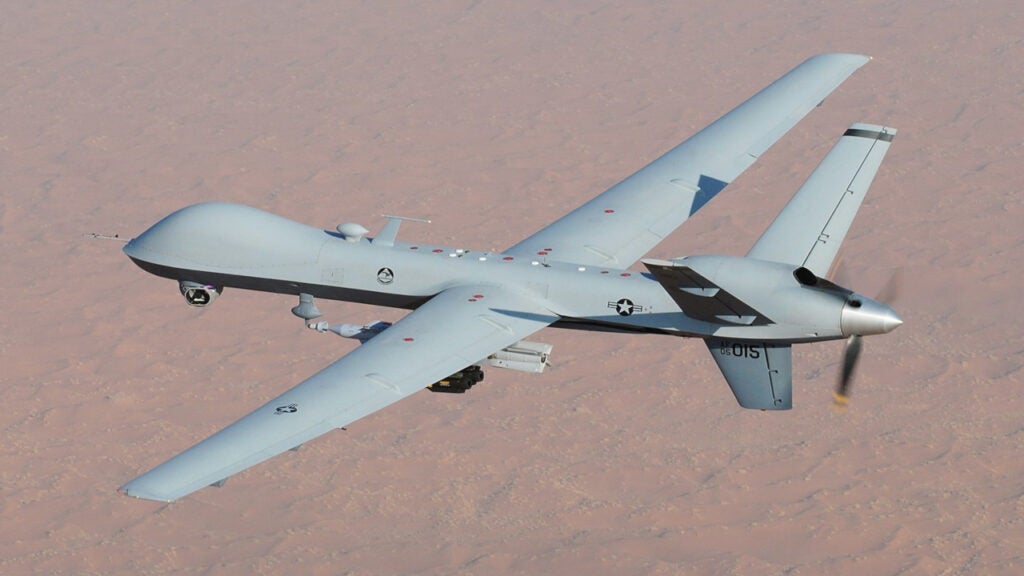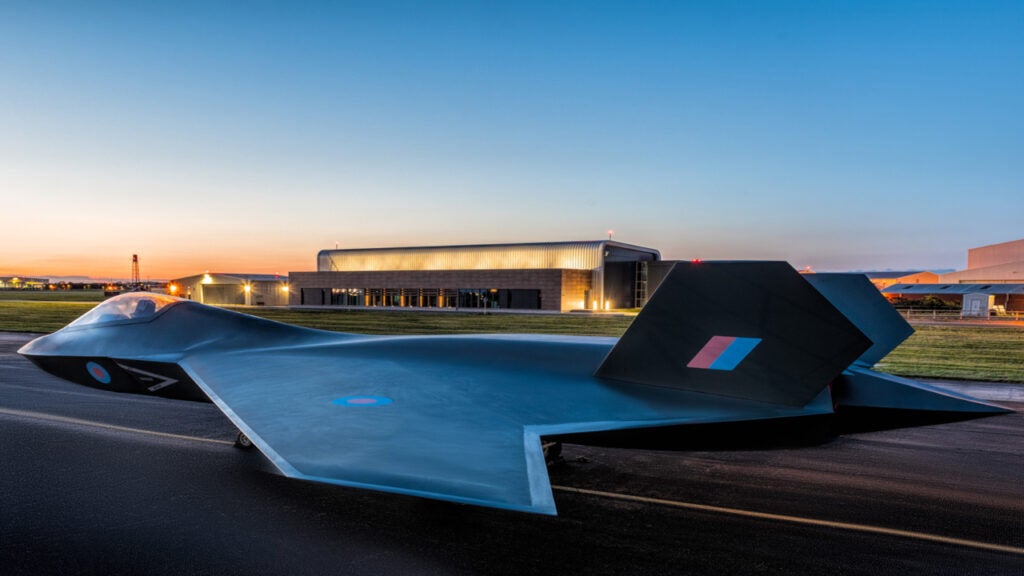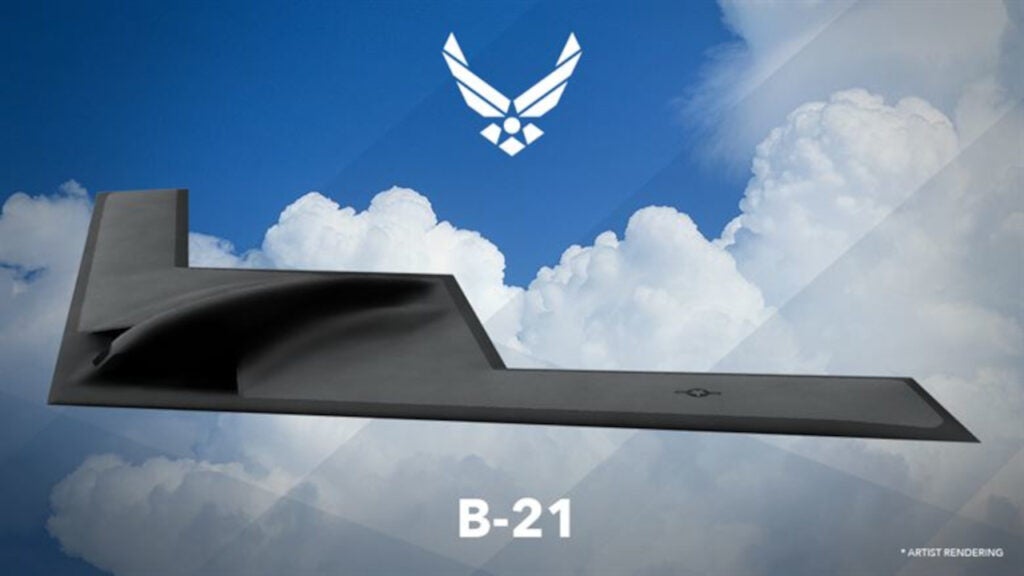
R80D SkyRaider is an advanced multi-mission military unmanned aerial system (UAS) developed by FLIR Systems, a sensor systems manufacturer based in the US.
The drone is intended for use by the US defence and federal government agencies to improve cybersecurity measures for strengthening operational security. It can incorporate payloads specifically designed for the US government operations.
The UAS is suitable for immediate intelligence, surveillance and reconnaissance (ISR), clandestine operations, payload delivery, beyond line-of-sight (BLOS) reconnaissance, force protection, and advanced target recognition missions.
FLIR Systems received a $10m contract from the US Marine Corps for to deliver unspecified number of R80D SkyRaider unmanned vehicles in June 2020.
R80D SkyRaider design and features
The aerial vehicle is based on an open architecture and can be deployable by a single operator. It is embedded with powerful AI computing device. It features four landing legs, two clock-wise and two counter-clockwise rotating arms with propellers.
The standard pack of R80D SkyRaider aircraft system comprises unmanned aerial vehicle, base station, and HDZoom 30 payload. The aerial vehicle weighs 4.5kg including airframe, legs, four batteries and without any payload.
It measures 80cm wide and 34cm high and can be carried in a rucksack along with its accessories including base station, toughpad tablet, interchangeable payloads, and joystick controller.
The unmanned aerial vehicle is equipped with RaiderOS cyber security to improve communication channels used for both evolving mission requirements and cyber-security threats.
Payloads
The R80D SkyRaider’s payload development kit (PDK) allows the integration with external payloads to meet the requirements of end users and third-party integrators. It is fitted with Osprey’s simple mechanical claw and mounting plate to attach payloads.
With a maximum payload capacity of 4.4lb, the R80D SkyRaider aerial vehicle can deliver a range of payloads designed for the US military’s Group 2 and 3 UAS with agility. It also provides single-operator deployment footprint of Group 1 vertical take-off and landing (VTOL) system.
The UAS is fitted with four downward facing computer vision cameras which provide flight control input useful for future autonomous navigation. It also carries front-facing long-range, high-resolution EO/IR camera as well as the HDZoom 30 and EO/IR Mk-II camera, offering improved situational awareness during day and night.
The unmanned aircraft also features MIMO antennas and dual redundant navigation systems with two different flight control computers.
FLIR StormCaster payloads for R80D SkyRaider
The R80D SkyRaider aircraft is compatible with the FLIR StormCaster family of UAS payloads unveiled in November 2019. The new line includes two multi-sensor products, namely StormCaster-T and StormCaster-L. It offers 7x improvement in line-of-sight stabilisation, improved range of motion, as well as greater geolocation accuracy.
The StormCaster line allows its users to quickly and easily change modules based on the mission. It offers continuous zoom and long-wave infrared (LWIR) imaging for missions such as ISR.
StormCaster-T is fitted with a FLIR Boson thermal camera to provide identification, recognition, and target acquisition with maximum range and time-on-station. Its continuous zoom lens with 75mm maximum focal length supports long distance ISR.
StormCaster-L provides ultra-low-light imaging, tracking, and mapping during twilight and night time operations. It features 4K recorded video and full-colour night vision in lower light conditions.
Ground control station
The UAS is operated using common ground control station or any other host software systems.
The imagery and video captured by the aircraft payloads are transmitted to the ground station using a secure communication link with AES 256-bit encryption.
Propulsion and performance
The R80D SkyRaider carries an improved propulsion system with 4x redundant batteries.
The ground speed of the UAS is 50km/h and the maximum range is 8km. The aircraft’s ascent and descent speeds are 4m/s and 3m/s, respectively. The unmanned aircraft can fly at a maximum altitude of 15,000ft.
The UAS offers a maximum endurance of 50 minutes with high-endurance propulsion system. It can operate in diverse temperatures ranging between -30˚C and 50˚C and can withstand wind speeds of 65km/h.



